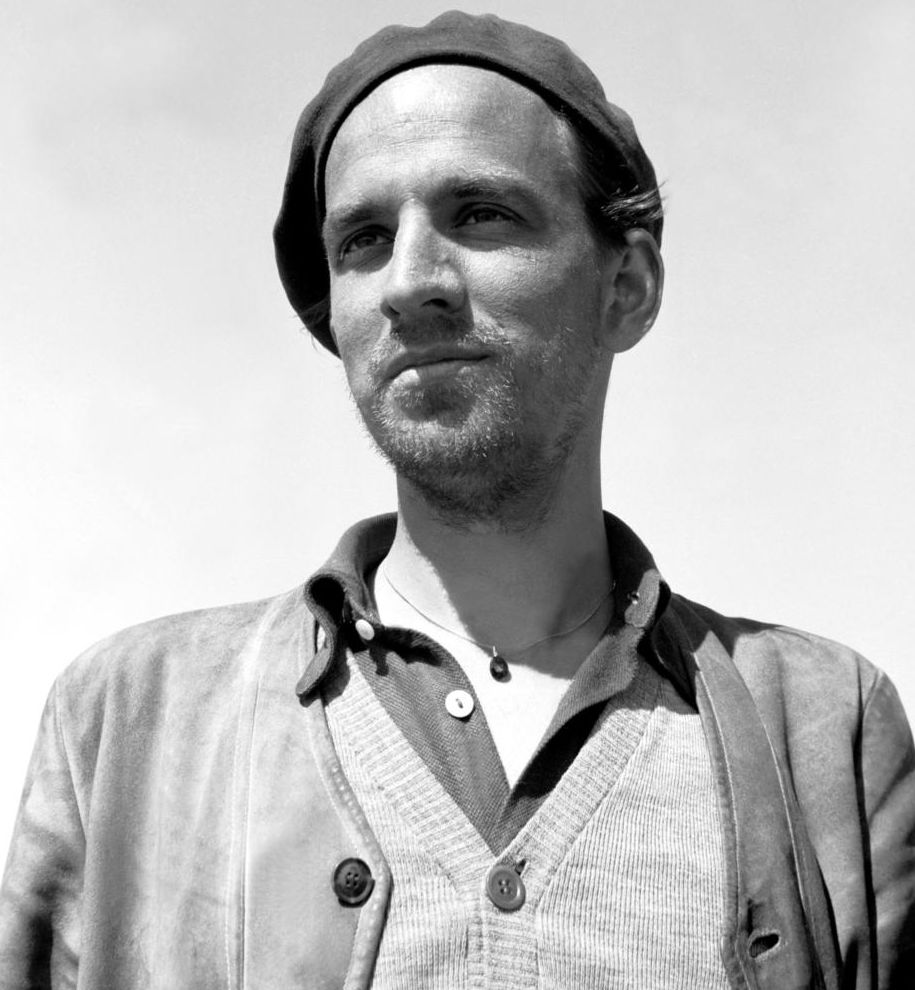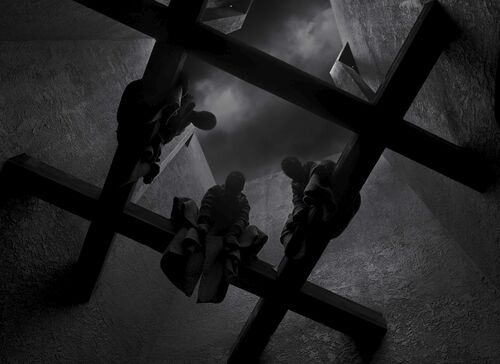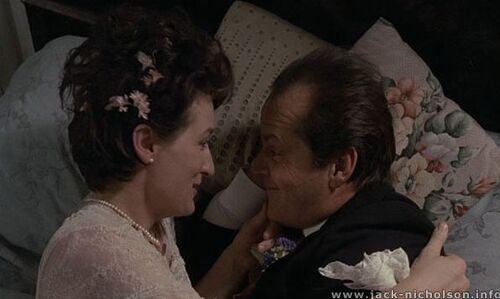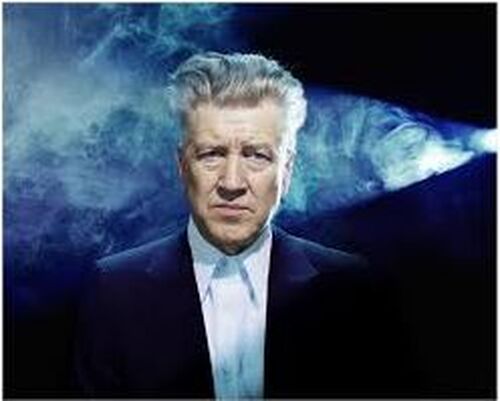
SeptemBergman: Shame
 While deciding whether or not to make a film covering the Algerian War, Francois Truffaut, the French master of cinema, eventually decided not to take on the task because he felt as though "to show something is to ennoble it". Truffaut further claims in a publication in 1960, that an anti-war film is a contradiction in terms, a sentiment which I tend to agree with. Shame, directed by Ingmar Bergman in 1968, challenges that idea. Depicting a couple who attempt to shield themselves from the war being waged around them, Shame is a powerful statement proving there is no winning on either side of a war.
While deciding whether or not to make a film covering the Algerian War, Francois Truffaut, the French master of cinema, eventually decided not to take on the task because he felt as though "to show something is to ennoble it". Truffaut further claims in a publication in 1960, that an anti-war film is a contradiction in terms, a sentiment which I tend to agree with. Shame, directed by Ingmar Bergman in 1968, challenges that idea. Depicting a couple who attempt to shield themselves from the war being waged around them, Shame is a powerful statement proving there is no winning on either side of a war.
As a civil war has engulfed the area in which they live, Jan Rosenberg (Max von Sydow) and Eva Rosenberg (Liv Ullmann) an apolitical couple who used to earn their living as musicians, grasp at the remnants of what used to be their lives. The war has encroached upon their relationship, as well as their livelihood. Jan is weepy and constantly dealing with the emotional disturbance over the chaos and killing the war has caused. Meanwhile, Eva desperately wants to have children, but her husband can't imagine bringing a child into the anxiety-ridden life they now share. When the war reaches their town, rebels attack killing many of Jan and Eva's neighbors. The couple is continuously harassed and their home eventually destroyed when the two are arrested as collaborators. No matter how far they run, there is no escaping the conflict that has taken over their lives.
Shame shows two people who purposefully don't take either side in a war, yet that very silence and unwillingness to take sides results in their being assumed collaborators. Bergman seems to go to great lengths through this film to not only show the necessity of remaining neutral in times of military conflict but also to expose how dangerous it is to hold such a position. Shame is powerful because it exposes the difficulty in actually living a situation where people are not shielded by the side they chose in a battle because they didn't choose a side at all. The couple only has each other and with a host of marital problems to deal with, their lives are further complicated when life or death problems penetrate their existence. We get a glimpse of the security the two used to share before the horrors of war tore them apart outwardly. Inwardly, however, the two were experiencing difficulties which left their own marriage clouded in as much uncertainty as the world around them. In my viewing of Shame, the neutrality was the most interesting aspect as the audience is able to see clearly that the two had not chosen a dominant side for the future of their marriage, just as they hadn't shown a side to adhere to in the war. Using his trademark humanism, Bergman delves deep into a marriage and reveals that no matter how far we submerge ourselves into the lives of others, we may still be none the wiser to what will happen to them.


